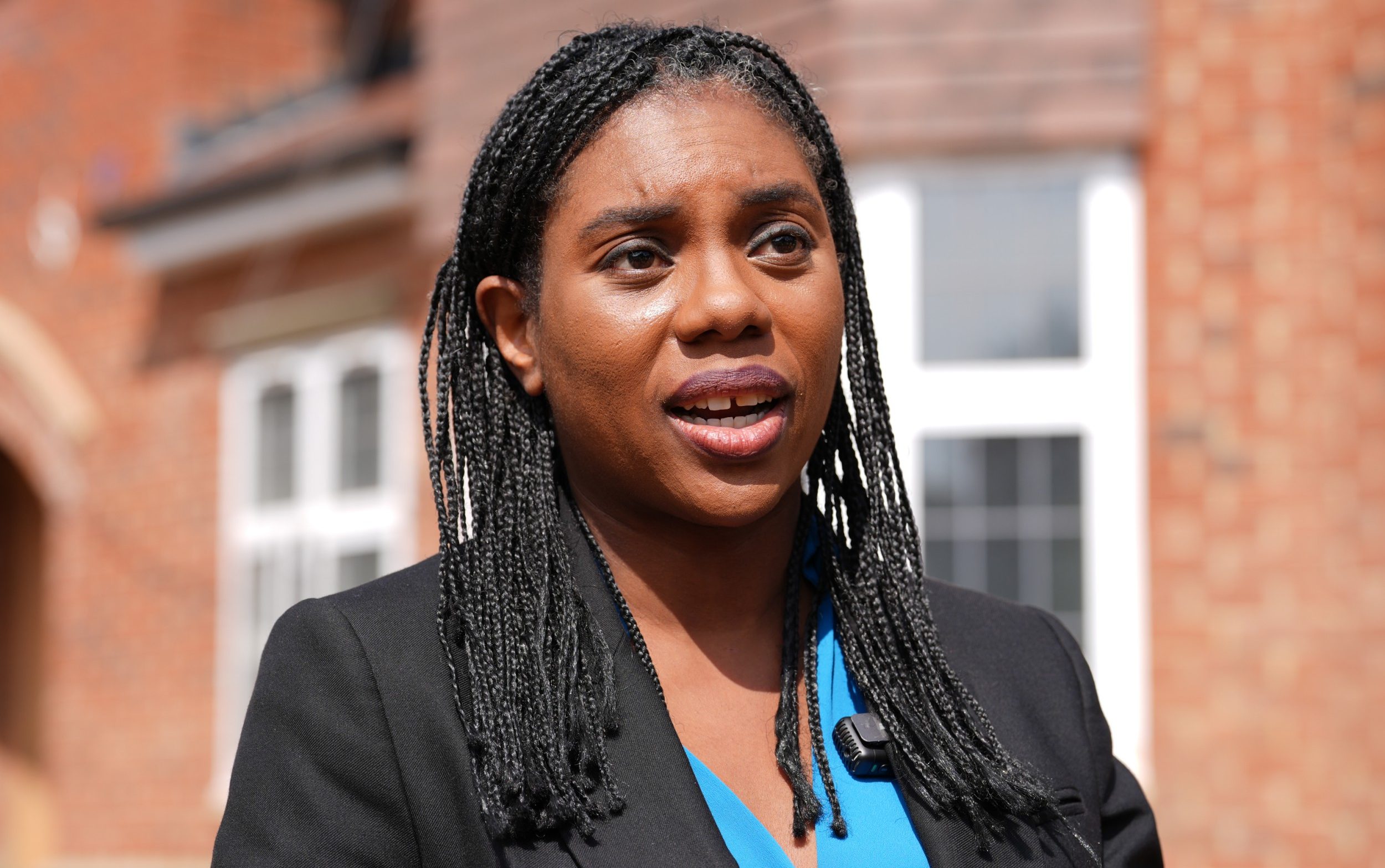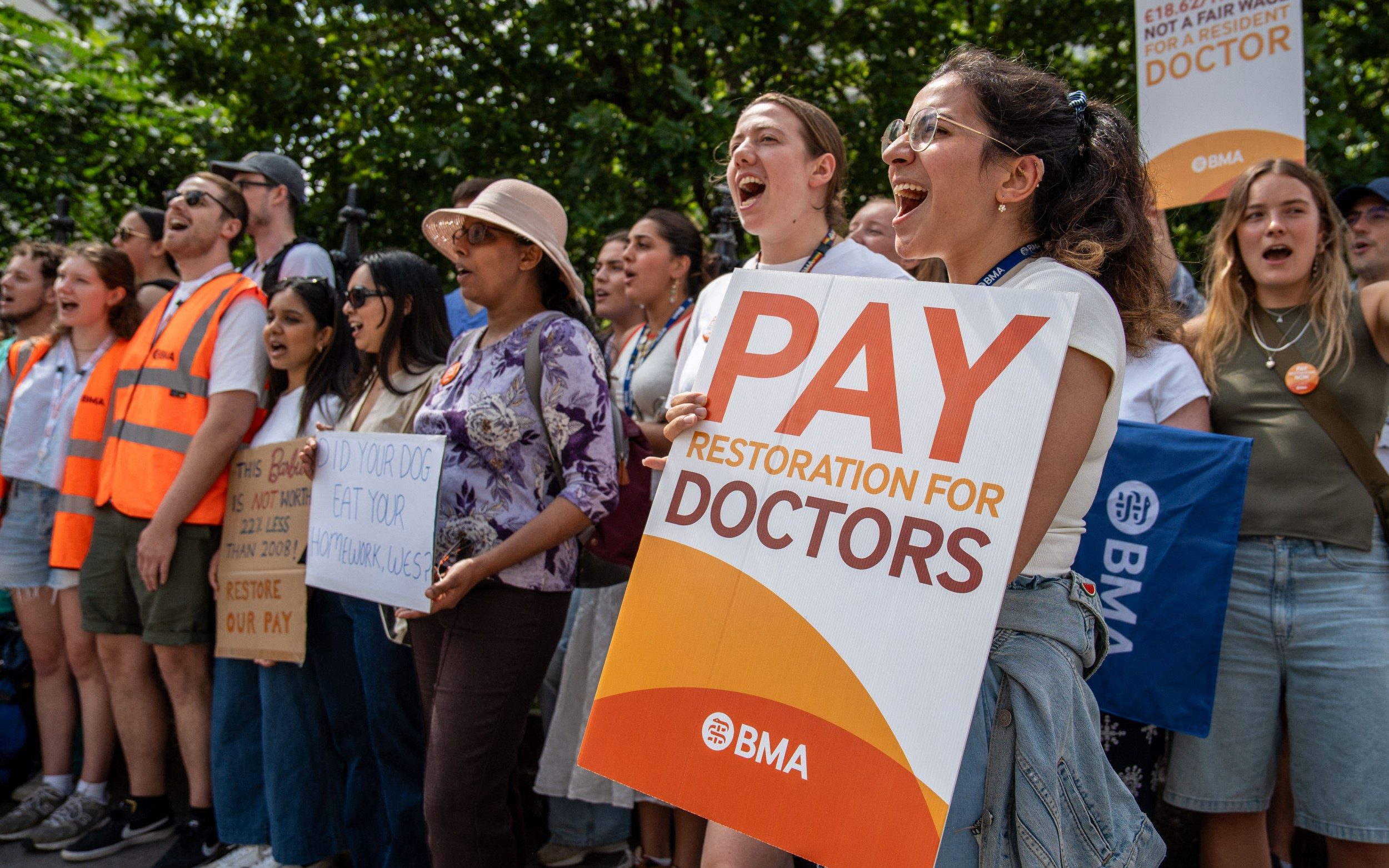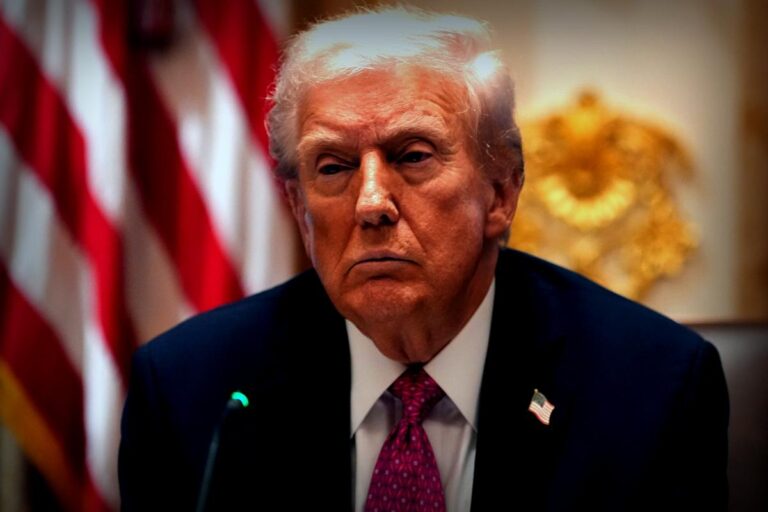
Kemi Badenoch has made a bold statement: doctors should face strike bans much like police officers and soldiers do. This announcement waves the flag for a future Conservative government aiming for legal changes that will stop doctors—though nurses remain untouched—from going on strike.
In her remarks, Badenoch particularly highlighted the British Medical Association (BMA), describing it as “out of control” after the organization has staged 11 strikes over the last year and a half. She stressed that these actions, in her view, have had dire consequences, including the loss of patient lives.
Her comments surfaced during an appearance on Camilla Tominey’s program on GB News. This statement comes in the middle of a five-day strike from resident doctors asking for pay reforms, despite receiving a 28% salary increase from the government.
She added, “These strikes disrupt economic activities, lead to canceled surgeries, and cause distress for families. Past instances of such actions even resulted in loss of life among patients.” According to Badenoch, this is why the Conservatives are proposing reasonable interventions aimed at safeguarding patients and public finances—a part of their pledge to protect the NHS. Currently, police, military, and prison guards are barred from striking under the 1992 Trade Union and Labour Relations Act, and Badenoch’s plan is to include doctors in this exemption. Doctors would maintain their union rights through the BMA, akin to the way police are represented by their federation. They could also engage in limited actions, like working to rule or refusing to do overtime instead of full-on strikes. The party’s new suggestions even include setting minimum service levels to ensure a basic standard of care across healthcare and essential sectors such as education and transportation. Badenoch argues that these changes would align the UK more closely with nations like Australia and Canada, which already have stricter regulations over doctor strikes, as well as European nations—with minimum service level laws in their health sectors. Any move that restricts doctors from striking is likely to face legal challenges based on human rights regulations. The European Convention on Human Rights includes Article 11, which upholds the freedoms of assembly and association—essentially the right to unionize. Legal teams could argue this right encompasses the right to strike. The divide over this topic recalls history, as police have been unable to strike since the Police Act of 1919 classified it as a criminal offense—holding police to a higher duty of care toward maintaining public order. Meanwhile, armed forces members cannot unionize under the King’s Regulations. Service personnel have often stepped in to help during strikes, such as filling in as ambulance drivers and hospital staff when needed. The Conservatives intend to push legislation further restricting strike actions among doctors at all levels, leveraging the existing Trade Union and Labour Relations Act framework. This means exempting medical professionals from specific sections related to strike rights and even exploring “back-to-work orders” like those implemented in other European nations. Referencing Australia’s Fair Work Act of 2009, Badenoch pointed out how that legislation lets the Fair Work Commission intervene in employment strikes that threaten public safety or wellbeing—a right not currently available under UK law, where the onus is on employers to approach the High Court for resolutions. Politics on the horizon are tense, with Stuart Andrew, the Shadow Health Secretary, proclaiming: “The Conservative Party has consistently appreciated the valuable roles healthcare workers play, but there needs to be a limit.” “The BMA has effectively taken our NHS hostage, exploiting the weaknesses of the current government to ask for more at the cost of patients and taxpayers alike. With continuous disruptive strikes in our health services, it’s time to take charge. Should Labour genuinely seek to ease patient waiting times and improve our healthcare, they’d support our proposals rather than caving into union pressures.”



















